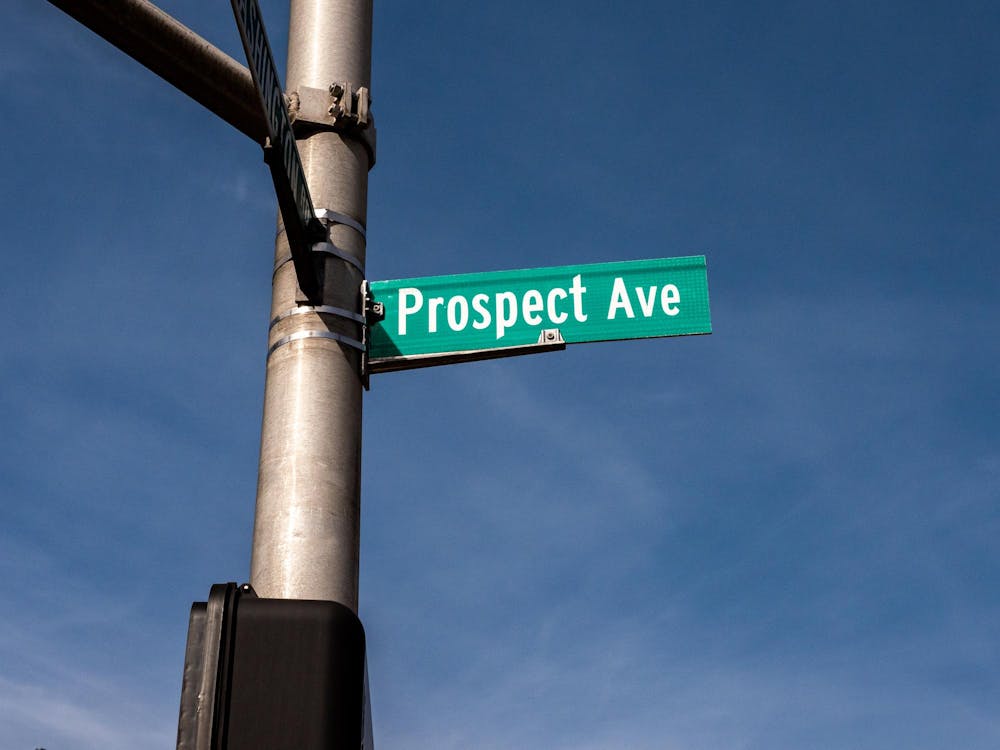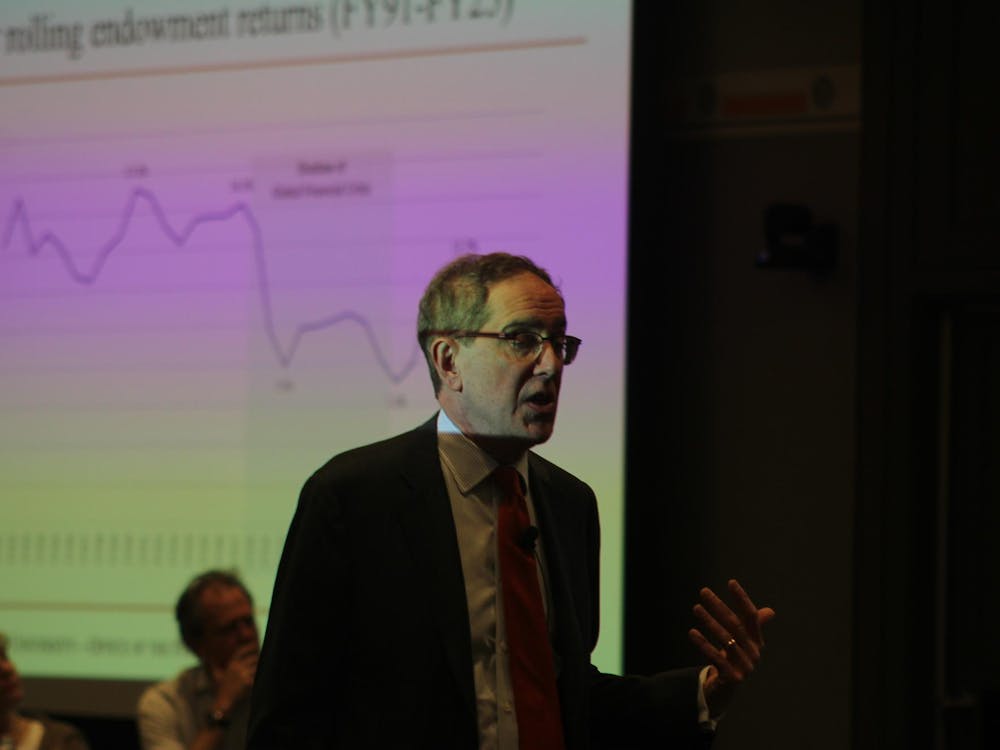Evan Thomas, former editor-at-large at Newsweek who has taught journalism at the University for seven consecutive years, will be leaving Princeton at the end of the academic year. As a professor, he lived at the top of Blair Tower, and students and faculty alike say that he observed the Princeton student culture more closely than most. After Princeton, he will continue his writing career; he is currently working on a biography of President Richard Nixon. Before a farewell reception on Tuesday, Thomas spoke with The Daily Princetonian about his time here, student life at the University and the culture of busyness that, he says, dominates the student body.
Daily Princetonian: You have a background in magazine writing. How did you end up teaching at Princeton?
Evan Thomas: I was interested in teaching writing, and I heard that Princeton had this incredible Ferris program where you could come and teach writing for a semester. I did it in 2003, and I liked it so much that when they made it a five-year appointment, I applied for it, got it and then got a two-year extension.
DP: From what you’ve seen in your classes and read around on campus publications, are Princeton students good journalists, or at least do they have the potential to be good journalists?
ET: Princeton students would make fantastic journalists because they are curious and smart, and by and large know how to write. Whether they want to be journalists is a different question.
DP: Do you think a fair number of people here want to be journalists?
ET: No.
DP: Why do you think that is?

ET: I’m not sure. It could be that the pay in journalism is not great, and journalism is going through a rocky patch right now, but I think Princeton produces relatively few journalists. There’s a lot of interest in the journalism courses at Princeton, and journalism can be a great career, but the lure of Wall Street is strong.
DP: How has Princeton changed in your years here, both in terms of the student body and the overall institution?
ET: It’s become more diverse. Princeton is continuing its long evolution from being a school for privileged white males to a national and international institution.
DP: You wrote an op-ed in the ‘Prince’ last year where you said that your first impression of Princeton students was that they were stoic. In the op-ed, however, you said that that opinion had been sort of reversed. Where do you stand right now?

ET: I still think they are stoical, and I admire that. I wish that they felt more comfortable talking about failure because I think that one can pay a price if you keep it all bottled up. I think that pride is admirable, but it has produced a lot of stress and unnecessary heartache.
DP: In the column you also talked about what it feels like to be hosed from an eating club. How do you feel about the eating clubs?
ET: I think that if I were 19 I’d try to join one, for better or worse. I can sure see the appeal of this type of supportive community. But there is no doubt that Bicker can be painful.
DP: Would you want to be a Princeton student now?
ET: Yes. Princeton students are unbelievably lucky, and I was lucky to teach them. They are an unbelievable community of very smart people supported by very smart people.
DP: There is an article that is very popular here, it is David Brooks’ “The Organization Kid,” which was published in 2001. The premise of the article is that students are overworked but that they don’t complain about it or protest. Do you think that is still true today?
ET: I think political activism is dead on most elite campuses, so Princeton is no different. I went to college in a different time, when people were raising hell, and there were good things about that and there were bad things about that.
DP: It’s not only about political activism, but also the sort of attitude where there is too much complacency ...
ET: I don’t worry so much about complacency as about busyness. My chief worry about Princeton students is that they are too relentlessly busy doing too many things and I wish they could find a way to slow down and savor a little more of what they do and, from time to time, go deeper. Although I think that independent work and some extracurriculars, like The Daily Princetonian, give you that chance.
DP: But what is the root of Princeton students being so busy?
ET: I think high school has been bad for Princeton students. They join this relentless race to rack up achievements, and I understand it, but I think it’s unfortunate when they get to college.







